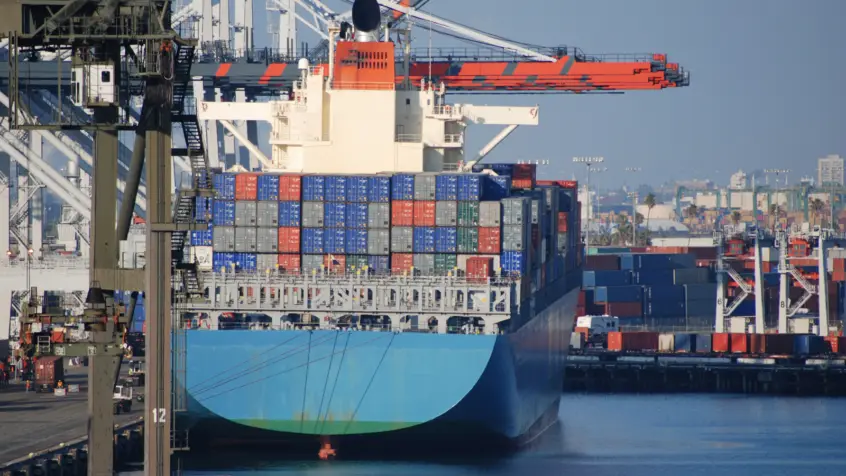As if it was not enough, U.S. Ports face a gap in their communication with U.S Customs and Border Protection. As a result, the Ports are not informed about the arrival of nonscheduled charters resulting in some vessels being anchored for more than a month.
Due to the current guideline that allows a vessel to give a port 96-hours advance notice before it arrives, Chinese ocean freight agents are loading ships with no guarantee of a space in the destination ports.
This is where the U.S. Customs and Border Protection (CBP) comes into play. The CBP requires that all vessels seeking clearance to enter U.S. ports must file their manifests with CBP’s Automated Manifest System (AMS) 24 hours before the ship departs from the port of loading. This requirement gives the CBP multiple weeks’ notice of the vessel’s arrival, information which, if passed along to the port of arrival, would provide them several weeks of advanced notice allowing for better preparation.
In addition, chartered vessels don’t have the same communication channels with terminals as more prominent steamship lines to schedule a landing place. Chartered ships often notify the ports just hours before a vessel’s arrival, adding another ship to an already longer than normal queue, further tightening the bottleneck.
“We need to link up with Customs on these nontraditional companies chartering so we can have a deeper line of sight,” said Gene Seroka, executive director for the Port of Los Angeles.
According to Marine Exchange, while the nonscheduled ships are compliant with the “advance notice of arrival process,” their berths aren’t available, forcing them to the anchor until berths are available, which is often weeks in today’s supply chain climate.

